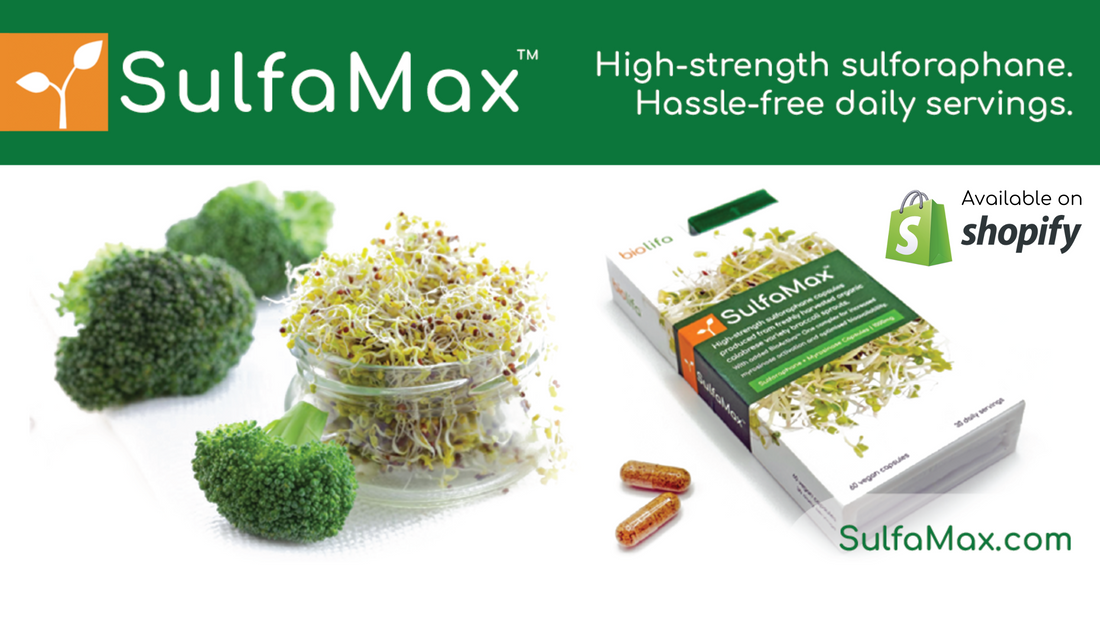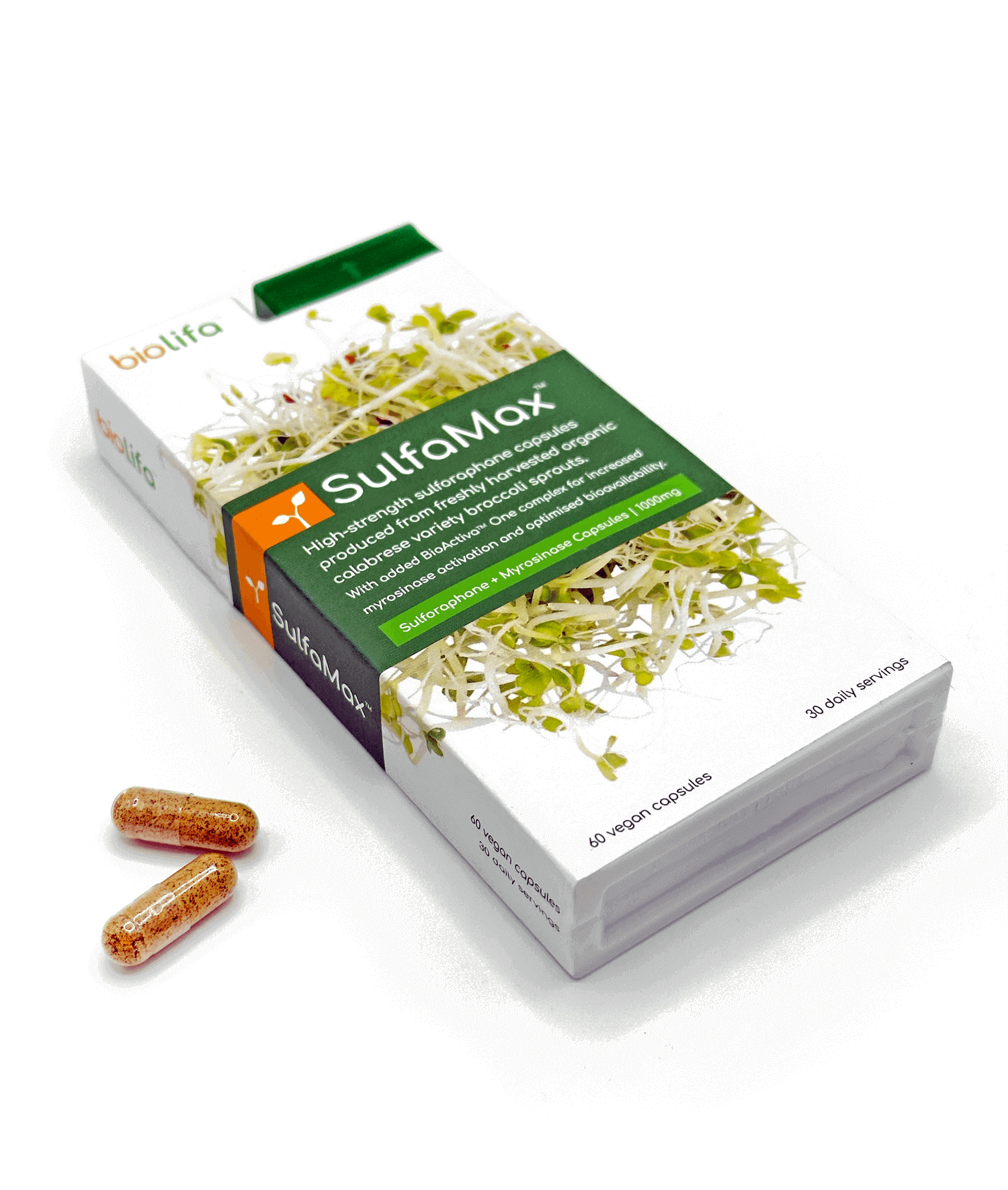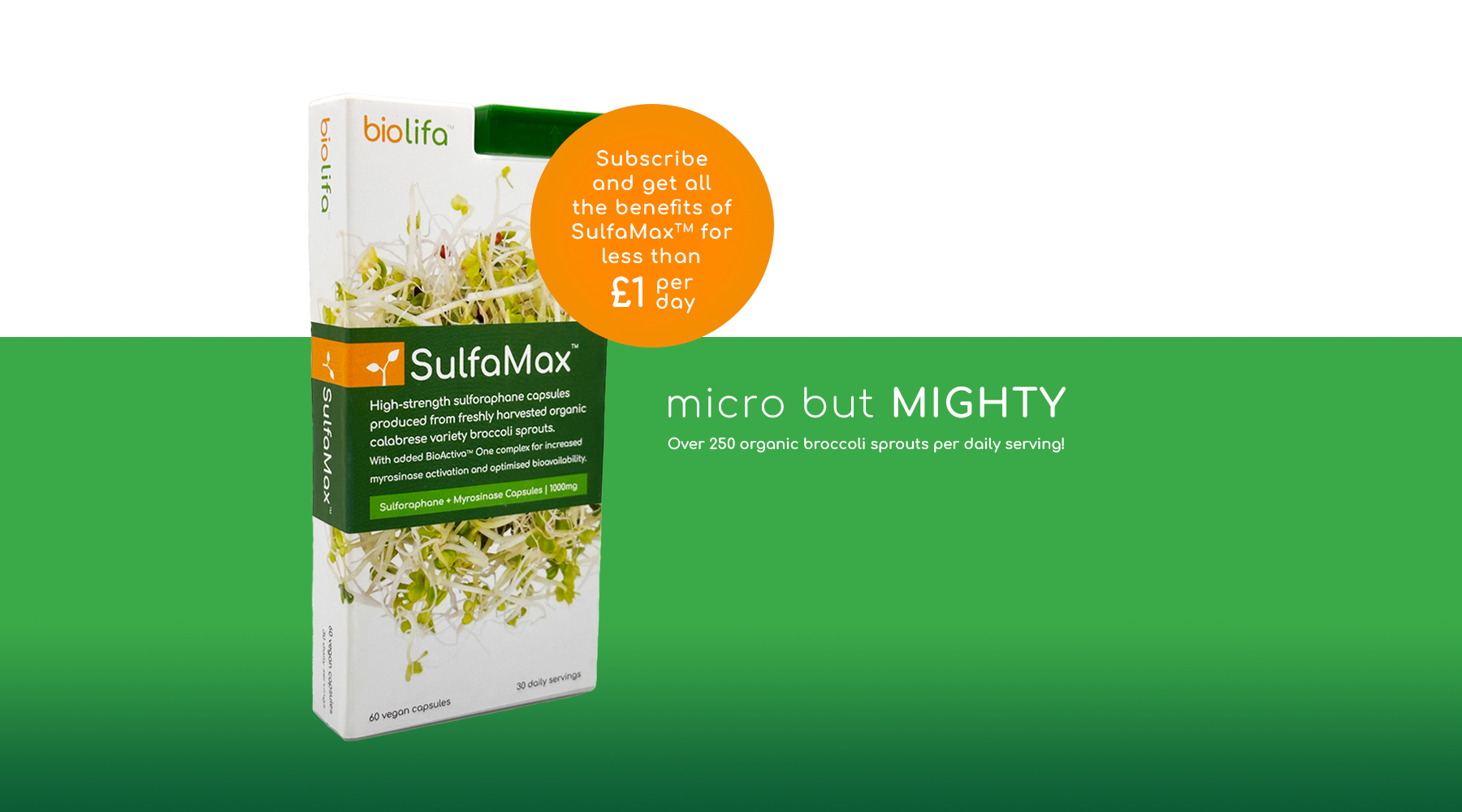Menopause is a natural phase in a woman's life that brings about significant changes. From hot flashes and mood swings to sleep disturbances and weight gain, the symptoms can be overwhelming. While there are various treatment options available, many women are seeking natural alternatives to alleviate their menopausal symptoms. One such natural solution that has gained attention is sulforaphane.
What is Sulforaphane?
Sulforaphane is a powerful compound found in cruciferous vegetables like broccoli, cauliflower, and Brussels sprouts. It is a natural phytochemical that has been extensively studied for its numerous health benefits. Sulforaphane is known for its antioxidant and anti-inflammatory properties, making it a promising option for managing menopausal symptoms.
How Does Sulforaphane Help with Menopause?
Research suggests that sulforaphane may help alleviate menopausal symptoms through various mechanisms. Firstly, it has been found to modulate estrogen metabolism, which can help balance hormone levels during menopause. This can potentially reduce the severity of hot flashes, night sweats, and mood swings.
Additionally, sulforaphane has been shown to have anti-inflammatory effects. Menopause is often associated with increased inflammation in the body, which can contribute to various symptoms. By reducing inflammation, sulforaphane may help alleviate joint pain, improve sleep quality, and enhance overall well-being.
Other Health Benefits of Sulforaphane
While sulforaphane's potential for managing menopausal symptoms is exciting, its benefits extend beyond that. Studies have shown that sulforaphane has anticancer properties, particularly in breast and ovarian cancers. It also supports cardiovascular health by reducing oxidative stress and improving blood vessel function.
Furthermore, sulforaphane has been found to enhance detoxification processes in the body, promoting optimal liver function. This can be particularly beneficial during menopause when hormonal changes can impact liver health.
How to Incorporate Sulforaphane into Your Diet
Adding sulforaphane-rich foods to your diet is a simple and delicious way to reap its benefits. Start by including more cruciferous vegetables in your meals. Broccoli, cauliflower, Brussels sprouts, kale, and cabbage are all excellent sources of sulforaphane. Aim for at least two servings of these vegetables per day.
If you want a quick, hassle free way to get broccoli sprouts into your diet on a daily basis - try our SulfaMax sulforaphane supplement which contains over 250 organically grown broccoli sprouts in each two capsule serving.
Conclusion
Sulforaphane is a natural compound with immense potential for managing menopausal symptoms. Its antioxidant, anti-inflammatory, and hormone-balancing properties make it a promising option for women seeking natural alternatives. By incorporating sulforaphane-rich foods into your diet or considering supplements, you can harness the power of this incredible compound and embark on a journey towards a smoother menopause.







